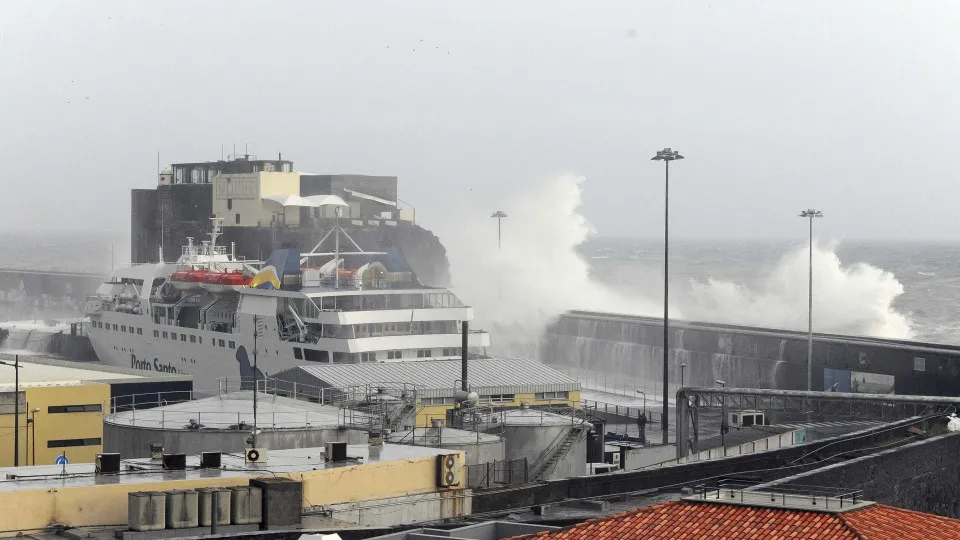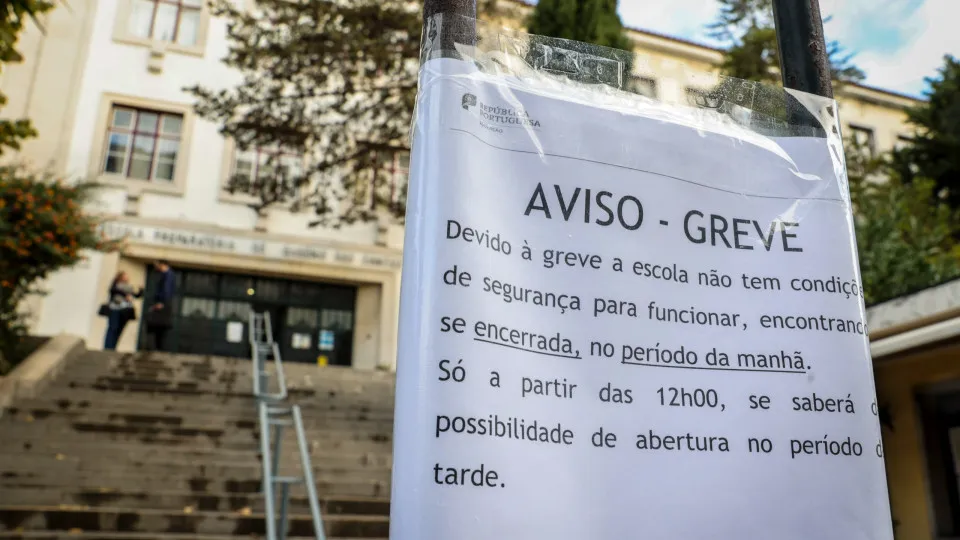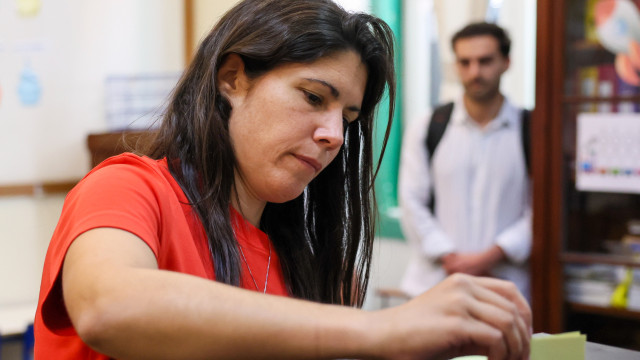
“The first immediate benefit is indeed the reduction of CO2 emissions into the atmosphere by 3,200 tons per year,” said Carlos Perdição Santos, executive director of Porto Santo Line, a company within the Grupo Sousa that operates the maritime connection between islands.
The ‘On-shore power supply’ system, which began operation today, allows the vessel Lobo Marinho to connect to the electrical grid while docked at the ports of Funchal and Porto Santo. This ensures a reduction of 1,000 tons in diesel consumption per year, required to power the onboard generators that support catering services, air conditioning, lighting, and other equipment.
The connection to the land-based electrical grid, the first of its kind in the country, guarantees a reduction in the carbon footprint by approximately 3,200 tons of CO2 annually.
The project, with a budget of 3.6 million euros, received support from the European Union through the Recovery and Resilience Plan (PRR).
“There is, effectively, a substitution of fossil fuel with electricity, but there are also other modifications made to the ship that result in reduced fuel consumption during navigation,” explained Carlos Perdição Santos.
As part of this investment, the Lobo Marinho ship was prepared to use biofuels in its operation, and frequency converters were installed in various electric motors to optimize their performance.
Silicone treatment was also applied to the ship’s hull to reduce friction during travel, thereby contributing to reduced fuel consumption and CO2 emissions.




